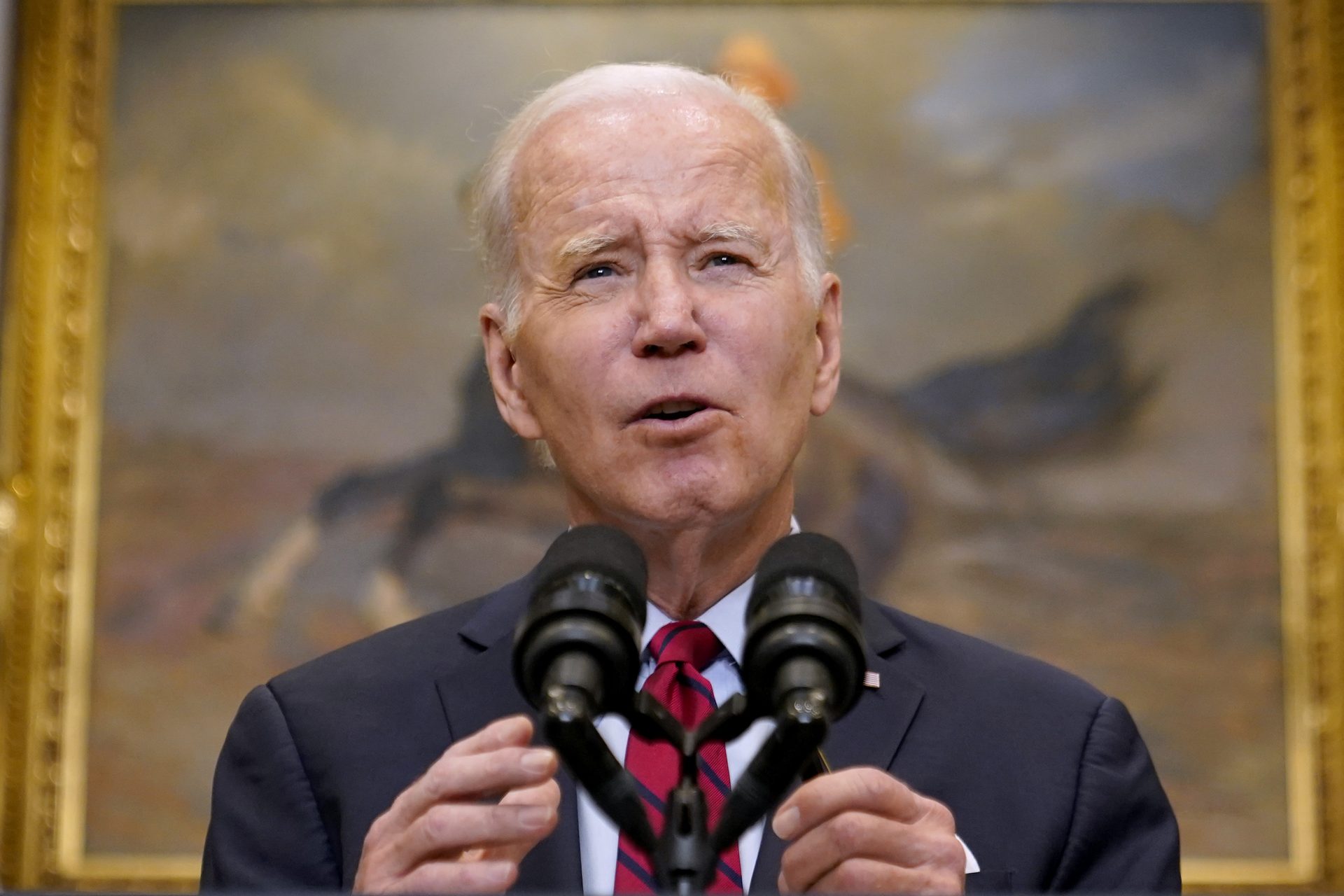RIO GRANDE VALLEY, Texas (ValleyCentral) — It's been a whirlwind week in the courts when it comes to Texas' immigration law, SB4.
On Tuesday the Supreme Court, in a 6-3 decision, removed an administrative stay that was placed on the law by the Fifth Circuit Court of Appeals. A few hours later, the Fifth Circuit placed another stay and paused the law from taking effect.
"The Supreme Court wasn't hearing the substantive issue in the case," immigration attorney Ricardo Ramirez explained. "They were just making a ruling on whether or not it can go forward while they were litigating the constitutionality."
Ramirez continued, saying, "That constitutionality is the litigation that's going to go on in the courts, right? Well, the Supreme Court said the law can go into effect while that's being litigated, and that's what the Fifth Circuit paused."
Cameron County Judge Eddie Treviño Jr. said he thinks the back and forth between the different federal courts has just added confusion to the situation. "I'm hopeful that there will at least be some clarity while the case is litigated to address the constitutionality of SB4. That we can have some working parameters that everyone can at least understand."
Governor Greg Abbott signed SB4 into law last December. The law was set to take effect in early March, but legal challenges continue to delay its implementation. The Biden administration, the American Civil Liberties Union, and other groups filed suit, calling the law unconstitutional. The Executive branch argued only the federal government has the right to create and enforce immigration laws.
“Immigration has been a federal issue forever. There’s ample precedent and case law setting that out, and for some reason, there's confusion right now," said Treviño.
Ramirez said he can't remember another piece of immigration legislation going through the legal twists and turns as SB4. "This is a very, very bizarre situation. It's very unique in how fast it's going, and the way it's kind of on and off again. I don't think we've ever seen anything similar to this in immigration law, or anything like that. So it's a very bizarre scenario how things are playing out, you know. And we're still waiting to see what's going to happen, how it's all going to unravel at the end."
Treviño said he believes those behind the legislation probably anticipated it would be tied up in the courts for a longer time. He said there's been no prep and no training regarding the implementation of SB4. "We're not aware of any training protocols that have been set up, offered, or being contemplated," he said.
The controversial legislation empowers state and local law enforcement officers to detain people they think may have entered the country illegally. Those individuals can then face a criminal charge of illegal entry into Texas. Judge Treviño said the potential for racial profiling related to SB4 is concerning.
Ramirez advises his clients to keep whatever relevant documentation they have with them. "If you have some sort of document from the Department of Homeland Security showing that you have something pending, showing that you have something in the process, that should be enough for a Texas officer to see, OK, they have some sort of procedure or something pending with immigration. That should be enough to show they're not completely undocumented."
Ramirez said it all depends on how different jurisdictions decide to enforce the law, should it be allowed to take effect. Judge Treviño said that uncertainty is cause for concern. “There’s a lot of areas open for interpretation. Each potential local law enforcement agency would be the one trying to determine how to address and how to enforce," Treviño said.
Treviño pointed to the uncertainty surrounding costs associated with the law, and what that could do to local budgets. "This is what we would call an unfunded mandate. No money is associated with this to local law enforcement to either enforce it or for local entities like the counties that run the jails to be able to house and feed these particular defendants. So, another problem area to address." Treviño went on to say that jail systems, both at the local and state levels, are designed to handle state law criminal defendants and not immigration defendants. He added that, if the law were to be implemented across the state, just a few arrests statewide could negatively impact the capacity of detention facilities.
In a statement issued Tuesday, the Mexican government stated it recognizes the uniform migration policy of the United States, but not those of state or local legislatures. The statement reads, in part, "In this regard, Mexico will not accept, under any circumstances, repatriations by the state of Texas."
Attorney Ramirez said court resources could also be strained if the law is allowed to take effect as written. He said legal protections will still be in place for an undocumented suspect arrested under SB4. “Because potentially, these people are going to get charged with state offenses, then they will have the Sixth Amendment right to counsel. And with that, they will have the opportunity to have a public defender or court-appointed attorney to represent them in those criminal proceedings.”
Oral arguments for and against the law were heard Wednesday morning by the Fifth Circuit Court of Appeals. It's unclear when they'll make a ruling on the constitutionality of the law. At the time of this writing, the provisions of SB4 remain on hold.
 (2).png)
 1 month ago
43
1 month ago
43








 English (US)
English (US)